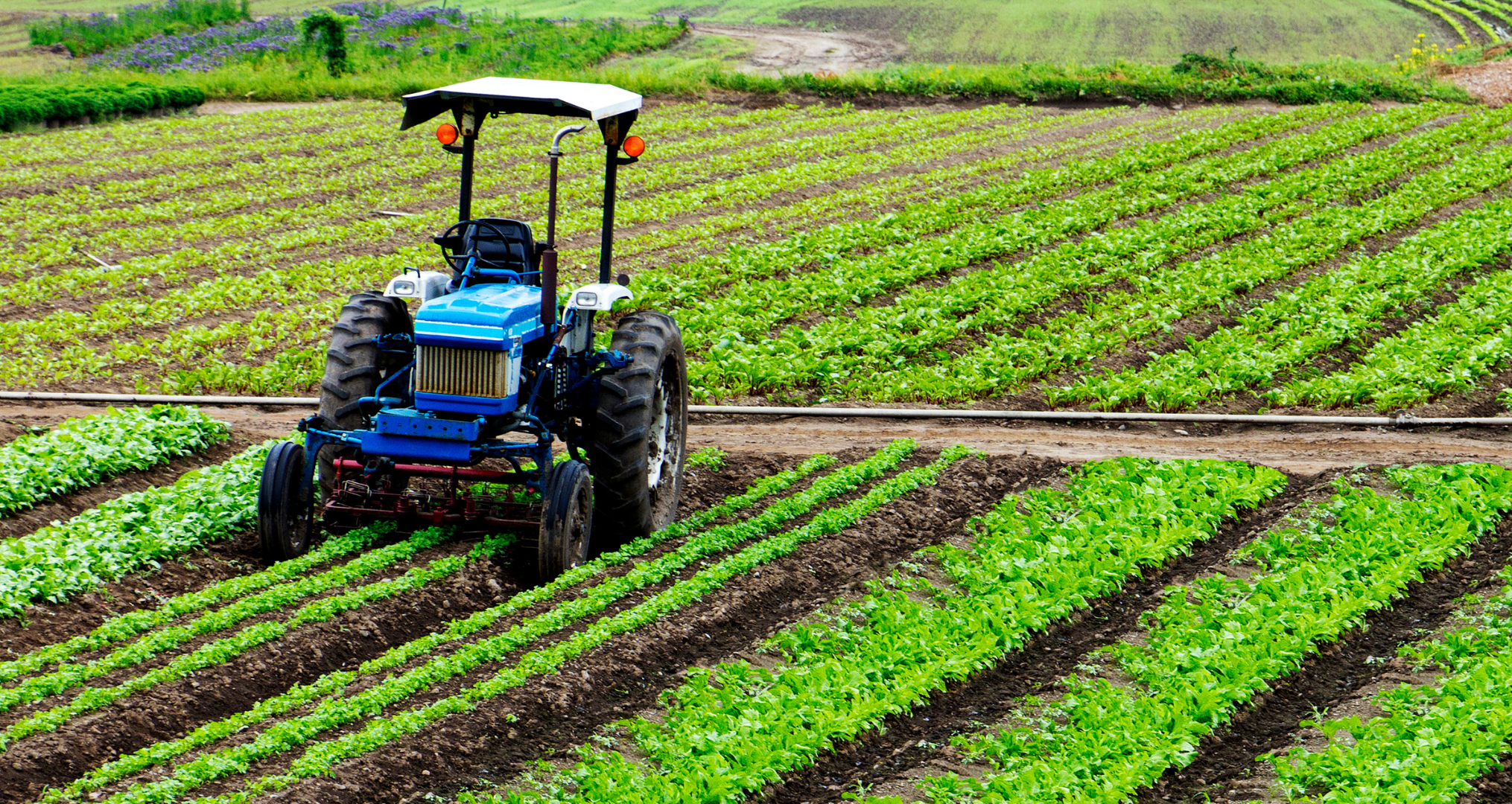Exploring the Potential of Blockchain in Revolutionizing Agricultural Supply Chains
Background
As we navigate the complex web of agricultural supply chains, it has become evident that transparency, traceability, and efficiency are critical challenges that need to be addressed. With the rise of globalization and the increasing demand for sustainable and ethically sourced products, there is a growing need for innovative solutions that can enhance the integrity of agricultural supply chains.
Problem Statement
The traditional agricultural supply chain is plagued by issues such as lack of transparency, inefficient processes, and fraud. According to a study by the World Economic Forum, food fraud costs the global food industry an estimated $40 billion annually. Furthermore, the lack of traceability in supply chains increases the risk of food contamination and poses a threat to food safety.
Solution
Blockchain technology offers a promising solution to these challenges by providing a secure and transparent platform for tracking and verifying the flow of goods along the supply chain. By leveraging blockchain, stakeholders can record transactions in a secure and immutable ledger, ensuring trust and transparency throughout the supply chain.
Results and Benefits
Implementing blockchain in agricultural supply chains can lead to improved traceability, reduced fraud, and enhanced efficiency. A recent study conducted by the Pecunia Institute found that companies that adopted blockchain technology in their supply chains saw a 50% reduction in fraud-related incidents and a 30% increase in operational efficiency.
Inspiration
By embracing blockchain technology, the agricultural industry has the potential to transform the way products are sourced, produced, and distributed. With increased transparency and traceability, consumers can make more informed choices about the products they purchase, leading to a more sustainable and ethical supply chain.
The integration of blockchain technology in agricultural supply chains is not just a technological advancement but a paradigm shift in the way we think about transparency and efficiency. By collaborating with industry stakeholders, policymakers, and technology experts, we can pave the way for a more sustainable and secure food system.
If you are interested in supporting our research efforts in exploring the potential of blockchain in agricultural supply chains, we invite you to partner with Pecunia Institute through donations or sponsoring our research papers. Together, we can drive innovation and create a more resilient agricultural supply chain for the future.







